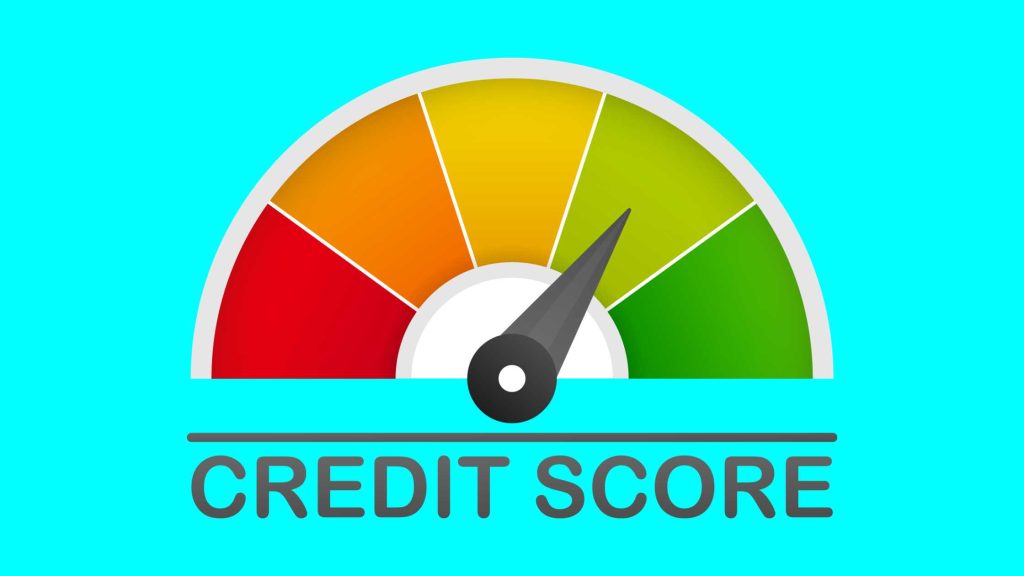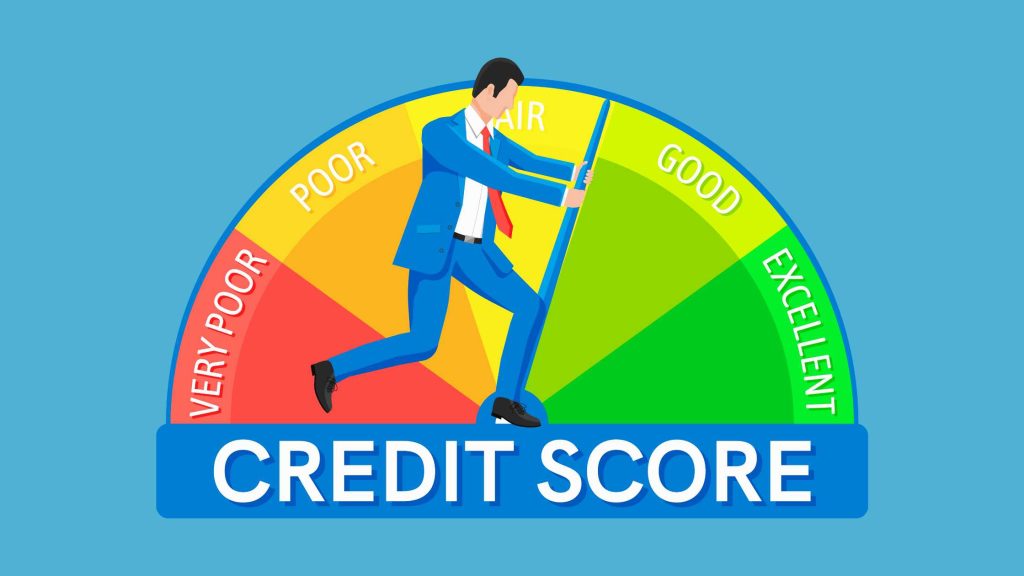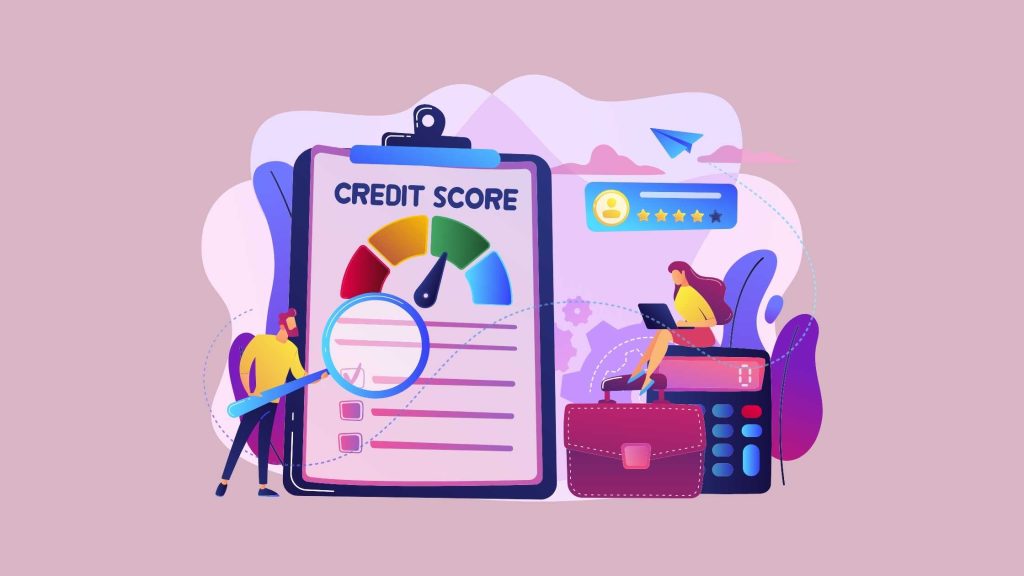Is a High Credit Score Necessary for Personal Loan Eligibility ? : Comprehensive Guide 2024
A high credit score is often perceived as mandatory for taking a personal loan. Credit scores have become a central element in modern lending decisions, playing a crucial role in shaping the outcomes of financial transactions. But is a high credit score truly necessary for securing a loan? Many individuals hold misconceptions about how credit scores work and how they impact loan eligibility.
Table of Contents
Understanding the fundamentals of credit scores can be the key to making informed financial decisions and ensuring you’re well-positioned for loan approval.
What is a Credit Score?

At its core, a credit score is a three-digit number ranging from 300 to 900 that indicates an individual’s creditworthiness—essentially, their ability to repay borrowed money on time. It is derived from a person’s credit history, which is a record of their past borrowing and repayment behavior. A credit score gives lenders a quick and reliable way to gauge the risk of lending to a particular borrower.
Credit scores typically fall into different ranges:
- 300-579: Poor
- 580-669: Fair
- 670-739: Good
- 740-799: Very Good
- 800-900: Excellent
While there is no universally agreed-upon threshold for loan approval, most lenders consider scores above 700 as a safe bet, signaling that the borrower is financially responsible. On the other hand, scores below 600 may lead to loan rejections or approvals with higher interest rates and stricter terms. This is because lenders view a low score as an indication of increased risk.
Why is a Credit Score Important?
The significance of a credit score lies in its ability to influence financial decisions. Whether you’re applying for a credit card, a mortgage, or a personal loan, your credit score will be evaluated to determine your eligibility. For lenders, this score offers a clear-cut way to assess the risk they are taking on by granting you credit. A borrower with a higher score is typically viewed as a low-risk individual, while someone with a lower score is seen as a high-risk borrower.
Also Read : Personal Loan Facts : Avoiding the Personal Loan Trap : 4 Essential Factors You Must Know
However, the credit score isn’t just important to lenders; it holds great value for borrowers as well. A good score opens up doors to better financial opportunities, such as:
- Lower interest rates on loans
- Better terms and conditions on credit products
- Quicker loan approval processes
- Higher credit limits
The Misconceptions about Credit Scores
There are numerous misconceptions surrounding credit scores, many of which cause confusion and even anxiety for people who are unfamiliar with the system. Some of these myths, if believed, can lead to poor financial decisions and potential loan rejections. Let’s explore some of the common misconceptions:
1. Checking Credit Reports Affects Your Score
One of the most prevalent myths is that checking your own credit report will negatively impact your credit score. Many people avoid reviewing their credit reports for fear of lowering their score, but this is not true. Checking your credit report is actually encouraged, as it allows you to monitor your credit health and spot any errors or inaccuracies that could be dragging down your score.
In fact, checking your credit report is known as a soft inquiry, which does not affect your score in any way. It is only hard inquiries—such as those initiated by lenders when you apply for a loan—that can have a minor impact on your score, and even then, the effect is usually temporary.
2. Income Affects Credit Score
Another misconception is that your income plays a role in determining your credit score. While income is certainly a factor that lenders take into account when evaluating your overall financial health, it is not directly reflected in your credit score. The score is calculated based on your credit history, including factors like payment behavior, credit utilization, and the length of your credit history. Thus, even if you have a high income, your score may still be low if you have a history of missed payments or maxed-out credit cards.
3. Having Multiple Credit Accounts is Beneficial
Some people believe that having multiple credit accounts will improve their credit score, assuming that more accounts demonstrate financial responsibility. However, opening too many accounts in a short period of time can actually have the opposite effect. Lenders may view this as a sign that you are over-relying on credit, which could indicate financial instability. Additionally, applying for multiple credit accounts can result in numerous hard inquiries, which can temporarily reduce your credit score.
4. Closing Old Accounts Improves Your Credit
A related misconception is that closing old credit accounts will improve your credit score. While it may seem logical to close accounts you no longer use, doing so can actually hurt your score. This is because the length of your credit history is an important factor in determining your score. When you close an old account, you reduce the average age of your credit history, which can negatively impact your score. Additionally, closing accounts can reduce your available credit, leading to a higher credit utilization ratio, which also has a negative effect on your score.
5. You Can’t Get a Loan with a Low Credit Score
Many people believe that having a low credit score automatically disqualifies them from obtaining a loan. While it’s true that a low score can make it more difficult to get approved for a loan, it doesn’t necessarily mean that you won’t be able to borrow money. Some lenders specialize in working with individuals who have poor credit, although they typically offer loans with higher interest rates and less favorable terms. In these cases, the lender is compensating for the increased risk by charging more for the loan.
Can You Get a Loan with a Low Credit Score?
The question of whether a high credit score is mandatory for a loan brings us back to the core of this discussion: Is a high credit score absolutely necessary to secure a loan?
The short answer is no, but having a low credit score can significantly affect the terms of the loan. While a high score ensures access to the best interest rates and loan conditions, borrowers with poor credit may still qualify for loans but face higher interest rates, stricter repayment terms, and potentially lower loan amounts.
Buy Now : News & Magazine Website AI Automated
In cases where borrowers have a low score due to factors like missed payments or high credit utilization, the lender views them as a higher-risk borrower. As a result, the lender compensates for this risk by charging higher interest rates, making the loan more expensive in the long run.
There are also options like secured loans, where you offer collateral—such as a car or home—as a security for the loan. Secured loans often have lower interest rates even for those with lower credit scores, as the collateral reduces the lender’s risk.
Additionally, co-signers can help improve loan approval chances. A co-signer with a higher credit score can add credibility to your loan application, reducing the risk for the lender and possibly securing better loan terms.
How to Improve Your Credit Score?

Given the significant role a credit score plays in financial transactions, maintaining a good score is crucial. Here are some ways to improve or maintain your credit score:
- Pay Bills on Time: Consistently paying your bills on time is one of the most important factors in maintaining a good credit score. Late payments are a major factor that can drag your score down.
- Keep Credit Utilization Low: Your credit utilization ratio is the percentage of available credit that you are currently using. It is recommended to keep this ratio below 30% to maintain a healthy credit score.
- Don’t Close Old Accounts: As mentioned earlier, the length of your credit history is an important factor in your score. Keeping old accounts open can help maintain a longer average credit history.
- Avoid Opening Too Many Accounts: Opening several credit accounts within a short period can make you look like a riskier borrower. Limit the number of new accounts you apply for to avoid this.
- Monitor Your Credit Report: Regularly checking your credit report for errors can help you spot inaccuracies that might be hurting your score. You are entitled to a free credit report once a year from each of the major credit reporting agencies.
- Diversify Your Credit Types: Having a mix of different types of credit, such as credit cards, mortgages, and installment loans, can positively affect your credit score.
High Credit Score : Conclusion

In conclusion, while a high credit score can make it easier to obtain a loan and secure better interest rates, it is not the sole determining factor in loan approval. Even those with lower scores can still qualify for loans, albeit with less favorable terms. It’s important to regularly monitor your credit report, correct any errors, and take steps to maintain or improve your credit score. Being aware of common misconceptions about credit scores can also prevent you from making financial decisions that negatively impact your score.
Ultimately, a credit score is a valuable tool in the lending process, but it is not the only factor that lenders consider. Income, employment history, and the type of loan you are applying for all come into play. By understanding how credit scores work and how to maintain a good one, you can improve your chances of securing favorable loan terms and making sound financial decisions.
Keywords : High Credit Score -High Credit Score 2024 – High Credit Score 2025 – High Credit Score For Loan



